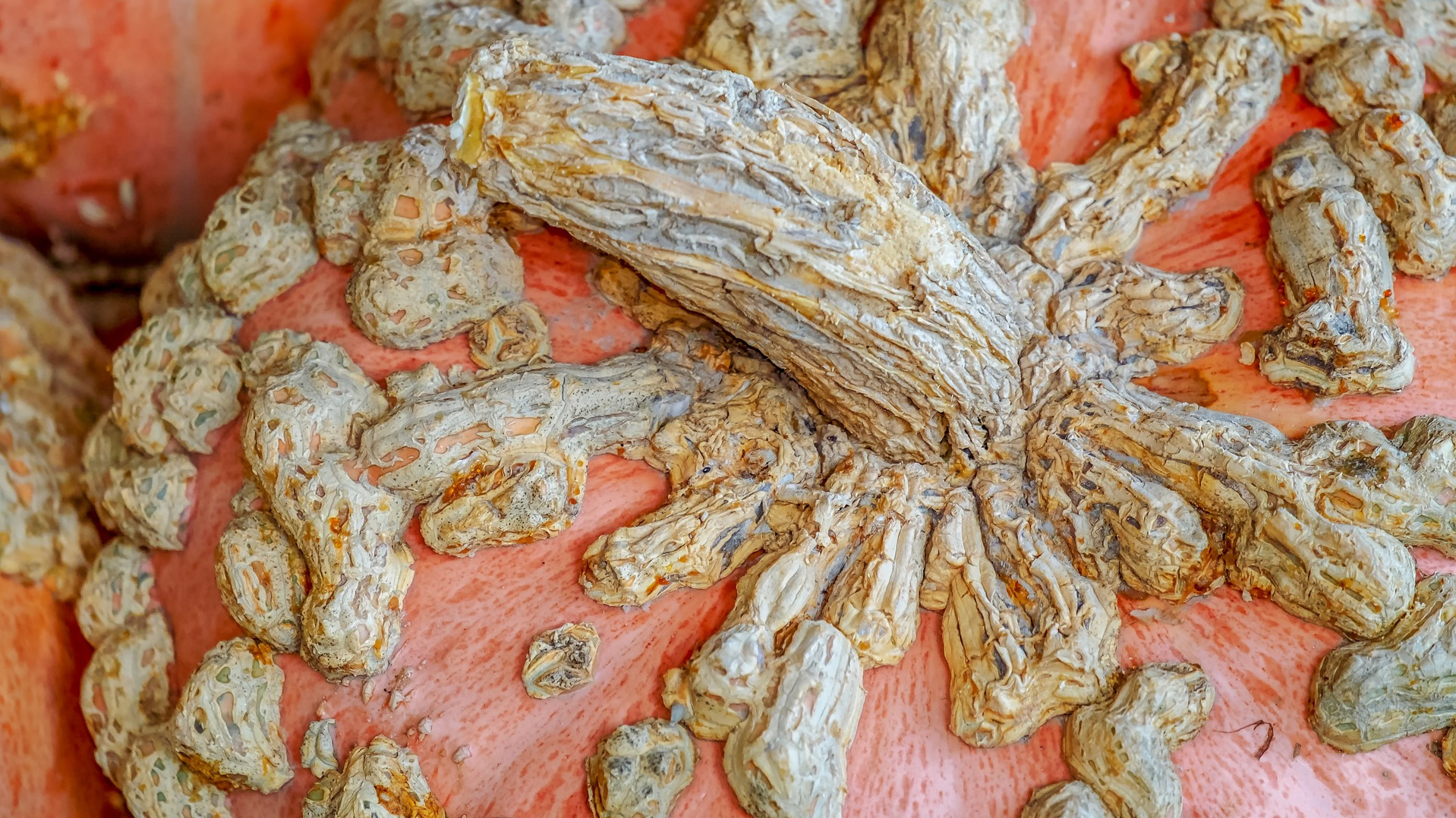Comprehensive Guide to Removing Warts
Warts are common, non-cancerous skin growths caused by certain strains of the human papillomavirus (HPV). While harmless, warts can be unsightly, uncomfortable, or even painful, depending on their size and location. Thankfully, many home remedies and over-the-counter (OTC) treatments can help remove warts and prevent them from returning.
Types of Warts
Understanding the type of wart you're dealing with is essential for choosing the most effective treatment:
- Common Warts: Rough, raised bumps often found on hands and fingers.
- Flat Warts: Small, smooth, and often clustered on the face, neck, or legs.
- Plantar Warts: These warts are on the soles of the feet and can be painful, especially when walking.
- Filiform Warts: Long and narrow, these warts often appear on the face, near the eyes or mouth.
- Genital Warts: These require immediate medical attention and specialized care.
When to See a Doctor
While many warts respond to home remedies, some situations require professional evaluation:
- Warts that bleed change in appearance or are painful.
- Persistent warts that do not improve after several weeks of treatment.
- Multiple warts that spread rapidly.
- Warts in sensitive areas like the face or genitals.
- If you have a weakened immune system or other underlying health concerns.
Tips for Wart Prevention
Preventing warts is often easier than treating them:
- Avoid Direct Contact: Do not touch warts, either your own or someone else's. Wash your hands thoroughly if contact occurs.
- Protect Your Skin: Use flip-flops in public showers, locker rooms, and pool areas to avoid exposure to HPV.
- Don't Share Personal Items: Towels, razors, or shoes can spread the virus.
- Maintain Skin Health: To reduce the risk of infection, keep your skin clean, moisturized, and free of cuts or cracks.
- Boost Immunity: A strong immune system can help your body fight off HPV.
Lifestyle Tips for Wart Treatment
Enhancing your overall health can support the effectiveness of these remedies:
- Diet: Eat a balanced diet rich in immune-boosting foods like citrus fruits, leafy greens, and yogurt.
- Hydration: Drink plenty of water to keep your skin healthy.
- Exercise: Regular physical activity supports a strong immune system.
Home Remedies to Avoid
While many remedies are effective, some should be avoided due to ineffectiveness or potential harm:
- Bleach: This is dangerous and should never be used on the skin.
- Hydrogen Peroxide: Overuse can damage healthy tissue.
- Burning or Cutting Warts: These methods can cause pain, infection, and scarring, and they should only be performed by a healthcare professional.
Home Remedies for Wart Removal
Warts may be persistent, but with patience and consistent treatment, they can often be removed using safe and effective home remedies or OTC treatments. However, if home remedies don't work or you experience severe symptoms, don't hesitate to consult a healthcare professional. By pairing these treatments with preventative measures and a healthy lifestyle, you can reduce your risk of future warts and maintain smooth, healthy skin.
Patience is key when using home remedies, as results may take several weeks. Here are some practical, effective options:
Salicylic Acid
Salicylic acid is one of the most effective over-the-counter treatments for warts. It softens and gradually removes the wart's layers.
How to Use:
- Soak the wart in warm water for 10–15 minutes to soften it.
- Apply the salicylic acid gel, liquid, or pad to the wart.
- Repeat daily, and gently exfoliate with a pumice stone or emery board.
Cryotherapy Kits
Cryotherapy freezes the wart, causing it to fall off. OTC freeze kits mimic the cryotherapy process used by doctors.
How to Use:
- Follow the instructions carefully to avoid damaging healthy skin.
- Repeat treatments every two weeks as needed.
Apple Cider Vinegar (ACV)
The acetic acid in ACV can break down wart tissue.
How to Use:
- Soak a cotton ball in ACV and secure it over the wart with a bandage.
- Leave it on overnight and repeat daily.
Duct Tape Therapy
This unconventional remedy may irritate the skin, triggering an immune response to fight the wart.
How to Use:
- Cover the wart with duct tape and leave it on for 5–6 days.
- Remove the tape, soak the area in warm water, and gently exfoliate.
- Repeat as needed.
Garlic
Garlic has antiviral properties that may combat HPV.
How to Use:
- Crush a garlic clove into a paste and apply it to the wart.
- Cover with a bandage and leave it on overnight.
- Wash off in the morning and repeat daily.
Aloe Vera
Known for its soothing properties, aloe vera can reduce irritation and inflammation.
How to Use:
- Apply fresh aloe vera gel directly to the wart.
- Cover with a bandage and repeat daily.
Tea Tree Oil
Tea tree oil has antiviral and antimicrobial properties.
How to Use:
- Dilute tea tree oil with a carrier oil like coconut oil.
- Apply a small amount to the wart twice daily.
Vitamin C Paste
Vitamin C may help break down wart tissue.
How to Use:
- Crush a Vitamin C tablet with water to create a paste.
- Apply to the wart and cover with a bandage.
Honey (Manuka or Raw Honey)
Honey has natural antiviral and antimicrobial properties.
How to Use:
- Apply a thin layer of honey to the wart.
- Cover with a bandage and leave it on overnight.
Castor Oil
Castor oil is beneficial for softening plantar warts.
How to Use:
- Apply castor oil to the wart and cover it with a bandage.
- Repeat daily for best results.



